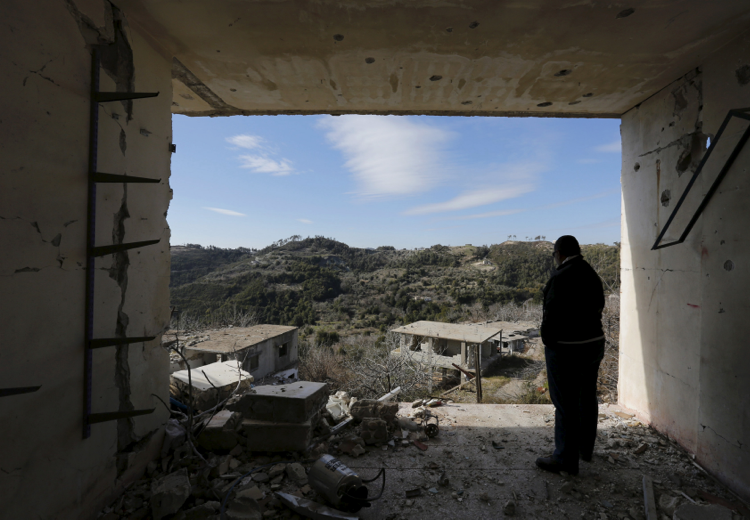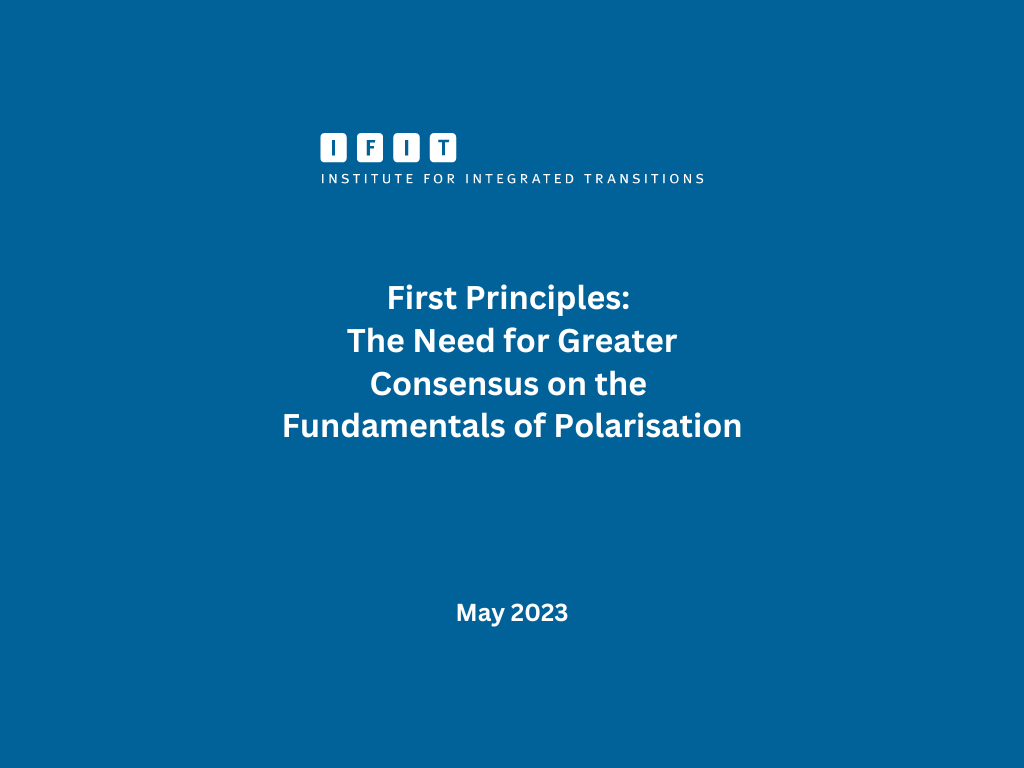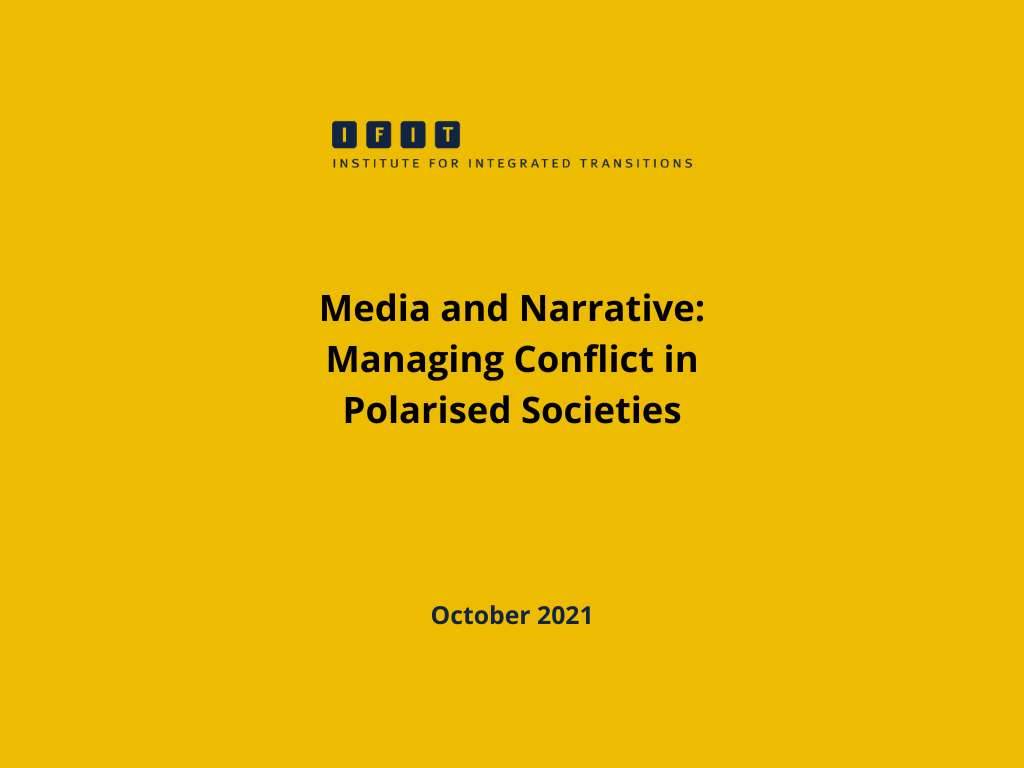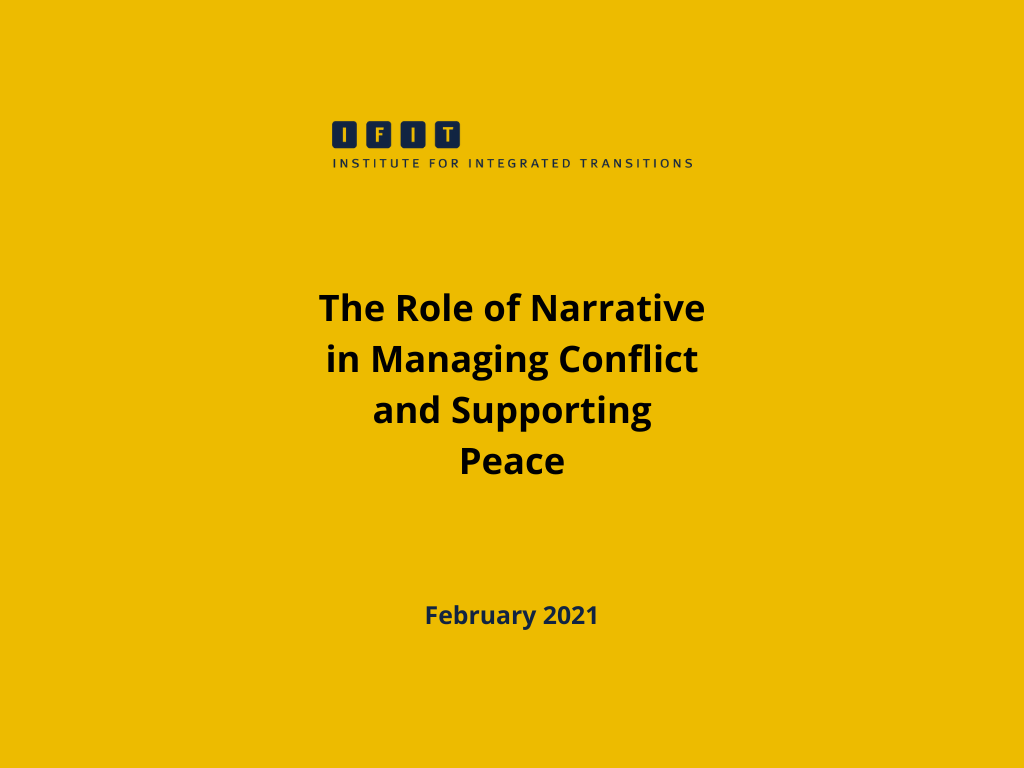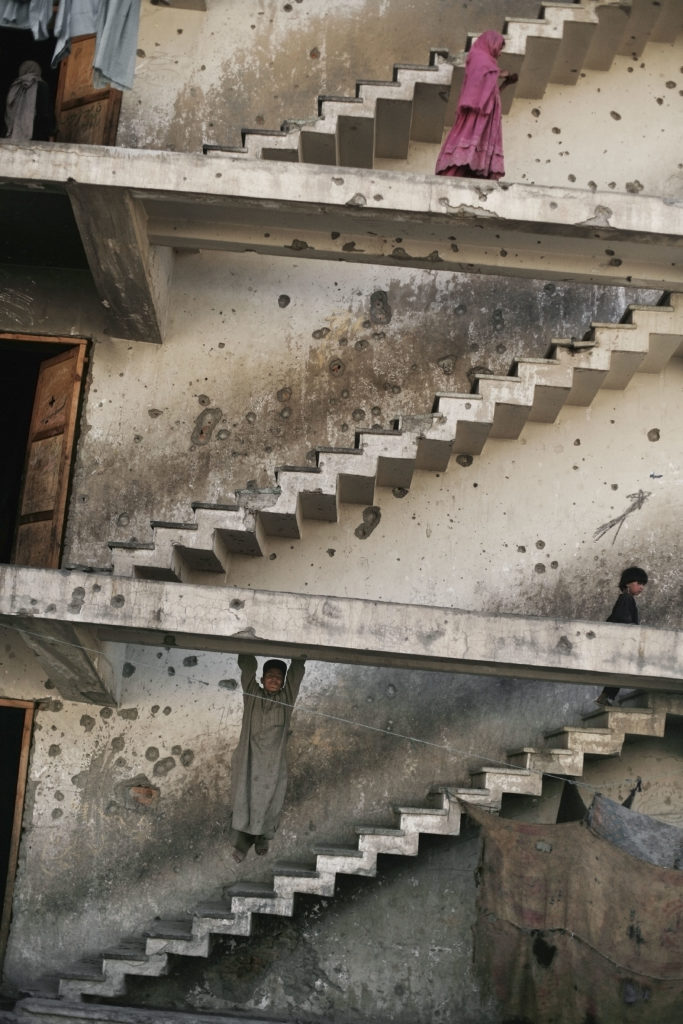Expert Team: Inclusive Narratives Practice Group
Moky Makura is the Executive Director of Africa No Filter. She was born in Nigeria, educated in England and has lived in London, Johannesburg and Lagos. Before her role at ANF, Moky was the Deputy Director for Communications Africa at the Bill and Melinda Gates Foundation where she was responsible for building and managing the foundation’s reputation on the continent. She took on an interim role as the foundation’s Country Representative to South Africa in 2017, leading on government relations and internal program coordination.
Before joining the Gates Foundation, Moky worked as Communications Director for the Tony Elumelu Foundation in Nigeria. She has also worked as a well-known TV presenter, producer, author, publisher and a successful entrepreneur in her own right. Moky holds an Honours degree in Politics, Economics and Law from Buckingham University in the UK. She serves on the advisory boards of the Junior Achievement Africa, the Houtbay Partnership and the Desmond and Leah Tutu Legacy Foundation.
You may also be interested in
Dr. Jasmina Brankovic is a Research Associate with the Institute for Integrated Transitions (IFIT). Her research interests include narrative approaches to conflict management, socioeconomic transformation, climate justice, and civil society strategies for social change in transitional contexts, with a focus on participatory methods.
Jasmina is the co-author of Violence, Inequality and Transformation: Apartheid Survivors on South Africa’s Ongoing Transition (2020) and The Global Climate Regime and Transitional Justice (2018) and the co-editor of Advocating Transitional Justice in Africa: The Role of Civil Society (2018). She is the Senior Research Specialist at the Centre for the Study of Violence and Reconciliation, South Africa, and the Associate Editor of the International Journal of Transitional Justice. Jasmina has a PhD in Political Science from the University of Marburg.
Areas of expertise: transitional justice, violence prevention, climate justice, civil society strategies, participatory research, learning, monitoring and evaluation, Africa.
Working languages: English and Bosnian
You may also be interested in
Solon Simmons is full professor and the director of The Narrative Transformation Lab (TNT Lab) at George Mason University’s Carter School for Peace and Conflict Resolution. A sociologist by training, he is the author many books and articles on narrative and storytelling in peace and politics, including Conflict Resolution after the Pandemic Building Peace, Pursuing Justice (2021), Root Narrative Theory and Conflict Resolution; Power, Justice and Values (2020), The Eclipse of Equality: Arguing America on Meet the Press (2013), and, most recently, Narrating Peace: How to Tell a Conflict Story (2024) and The Handbook of Social and Political Conflict (coming 2025). At TNT Lab, Solon is leading efforts to develop cutting-edge narrative tools for use in practical applications in both adversarial struggles for justice and collaborative journeys toward peace.
Solon served as interim dean for the Carter School in 2013 and Vice President for Global Strategy for George Mason from 2014 to 2017. He is currently President of the Faculty Senate. He teaches classes on the craft of peace writing, conflict theory, narrative, media, discourse and conflict, human rights, quantitative and qualitative methodology, global conflict, and critical theory.
Areas of expertise: story structure, psychometrics, discourse analysis, social theory, political strategy.
You may also be interested in
Seth D. Kaplan is a leading expert on fragile states, societies, and communities.
He is Senior Adviser for IFIT, a Professorial Lecturer in the Paul H. Nitze School of Advanced International Studies (SAIS) at Johns Hopkins University, and consultant to multilateral organizations such as the World Bank, U.S. State Department, U.S. Agency for International Development, and OECD as well as developing country governments and NGOs.
His latest book, Fragile Neighborhoods, offers a bold new vision for addressing social decline in America, one zip code at a time.
Areas of expertise: fragile states, fragile societies, fragile communities, neighbourhoods, social cohesion, conflict prevention, peacebuilding, political transitions, polarisation, social innovation, systems thinking, China.
You may also be interested in
Sellah N. King’oro is a Kenyan social researcher, lawyer, mediator and trainer with a specific interest and experience in gender, peace and security. She serves as the Senior Gender Advisor at the British Peace Support Team (Africa), where she trains troop and police contributing countries to deploy quality military and police personnel to United Nations/African Union peace support operations in Africa. Before joining BPST(A), Sellah had a 15-year public service function as the Head of Research and Policy at the Kenyan National Cohesion and Integration Commission. She contributed to reconciliation and dialogue processes among communities in parts of East, Central and West Africa.
Sellah has a PhD in Peace and Conflict Studies from Kisii University (Kenya), post-graduate diplomas from Bradford University (UK) and Chulalongkorn University (Thailand), and resident practitioner experience at the State University of New York at Binghamton (US). As part of community service, Sellah mentors a pool of next generation researchers who desire to contribute to social change through their support to civil society programming. She is also a Rotary Peace Fellow, a Chevening Fellow and a Global Peace Index ambassador at the Institute for Economics and Peace.
Areas of expertise: gender, peace and security, social cohesion, education.
You may also be interested in
Dr. Sara Cobb is Professor Emerita at the Jimmy and Rosalynn Carter School for Peace and Conflict Resolution at George Mason University, where she was also the director for eight years. In this context, she teaches and conducts research on the relationship between narrative and conflict. She is also the Director of the Center for the Study of Narrative and Conflict Resolution at the Carter School, which provides a hub for scholarship on narrative approaches to conflict analysis and resolution.
Dr. Cobb is widely published. Her book, Speaking of Violence: The Politics and Poetics of Narrative in Conflict Resolution (Oxford University Press) lays out the theoretical basis for a narrative lens on both conflict analysis and conflict resolution; this perspective presumes that conflict is a struggle over meaning, anchored in and by the stories we tell. Formerly Executive Director of the Program on Negotiation at Harvard Law School, she has been a leader in the fields of negotiation and conflict resolution studies, conducting narrative research on adaptive governance, serious games, resilient communities and sustainable systems. Currently, she is conducting research on conflict prevention in the Arctic.
You may also be interested in
Sara Batmanglich is currently a Senior Operations Officer (Strategy and Analytics) in the Fragility, Conflict and Violence (FCV) Group at the World Bank. Sara joined the Bank from the OECD, where she was a Peace and Conflict Advisor in the Crises and Fragility Unit, leading on the States of Fragility reports and workstream as well as the policy research portfolio for the International Network on Conflict and Fragility (INCAF).
Before joining the OECD, she was an independent consultant who did both field and policy research on conflict prevention, peacebuilding, youth and various forms of violence. Sara has also worked for International Alert, a UK-based peacebuilding NGO, where she was Head of their Crime, Violence and Instability programme, which undertook research on drivers of transnational organised crime, violent extremism and urban violence and identified opportunities for peacebuilding approaches to address these. She initially joined International Alert in their International Institutions programme with the focus of better understanding how the UN and the World Bank, through their engagement in fragile and conflict-affected situations, were supporting nationally-defined peacebuilding and development priorities.
Previously, Sara worked for International Peace Institute (IPI) and NYU’s Center on International Cooperation (CIC) where she liaised closely with the UN system and focused on multilateral approaches to peace and security, including operational and structural prevention, peacekeeping and special political missions. She began her career with Vice Media, where she supported the initial expansion of the company into new markets.
Areas of expertise: fragility and fragile states, conflict, gang/urban/criminal violence, PVE, peacebuilding, development, international aid architecture.
You may also be interested in
Refik Hodzic is a journalist, film-maker and justice activist from Prijedor, Bosnia and Herzegovina. He has worked for more than 25 years in the field of transitional justice, with a particular focus on the role of media and communications.
He currently works as a strategic communications consultant on Syria and Myanmar with the European Institute for Peace and the Independent Investigative Mechanism for Myanmar, and recently with the UNDP and Open Society Justice Initiative in Sri Lanka and Afghanistan.
Hodzic served as ICTJ’s director of communications from 2011-2017. Prior to that, Hodzic has worked in various capacities as an expert in strategic communications in transitional justice processes in the former Yugoslavia, Sri Lanka, Lebanon, Colombia, Tunisia and Timor-Leste. While with the ICTJ Hodzic worked on contexts as diverse as Kenya, Guatemala, Syria, Canada, Uganda and Nepal.
Hodzic served with the International Criminal Tribunal for Yugoslavia from 2000–2004 and 2006–2010 as the Tribunal’s spokesman and outreach coordinator for Bosnia and Herzegovina. He also headed the public information and outreach section of the Court of Bosnia and Herzegovina, where he developed a comprehensive public information and outreach strategy for the court and the state prosecutor’s office.
In 2004, Hodzic co-founded XY Films, an independent film and television production company producing documentary films dealing with the legacy of war crimes committed during the 1990s. With XY Films he authored award-winning documentaries and television series. Hodzic has published extensively in international media and academic publications on victims’ rights and the relationship between media and transitional justice. He is one of the founders of “White Armband Day,” a globally-recognized grassroots campaign for the rights of victims’ families in Prijedor, Bosnia and Herzegovina.
Areas of expertise: strategic communications, transitional justice, media, journalism, displacement.
You may also be interested in
Miguel Silva is the Founder of Galileo 6, a strategic communications, political and crisis management firm based in Bogotá, Colombia. Prior to this, Mr. Silva was a Senior Managing Director at FTI´s strategic communications practice in Latin America. Mr. Silva joined FTI Consulting when his company, Gravitas, was acquired by FTI in 2007. Before joining FTI, Mr. Silva was Counsellor at Large for Latin America for Weber Shandwick Worldwide, an Interpublic Group communications agency, and founded Shepardson Stern & Kaminsky´s international practice.
A lawyer, journalist and communications consultant, Mr. Silva served as Chief of Staff to the President of Colombia and to the Secretary General of the Organization of the American States (OAS) in Washington, D.C.
He has advised the governments of Brazil, Panama, Bolivia, Nicaragua, Colombia, El Salvador, as well as presidential campaigns and referendums in México, Colombia, Panama, Venezuela, Perú, Argentina and the Andean region.
As a journalist, Mr. Silva has been the Political Editor of La Prensa, a daily newspaper; an Op Ed columnist in the Colombian daily papers El Tiempo and El Espectador, the Los Angeles Edition of The Huffington Post and Dinero Magazine; the CEO of the Semana Publishing Group, the largest publishing group in the Andean Region; as well as Founder and Editor in Chief of Gatopardo, a monthly magazine that was distributed through most Latin American countries and the Andean Edition of Rolling Stone magazine.
Mr. Silva was a Fellow at the Institute of Politics of The University of Chicago, and is a member of the Board of Trustees of the University of Los Andes, of the Cardioinfantil Foundation and of the Board of Best Buddies Colombia.
Areas of expertise: political consulting, peacebuilding, grassroots action, promotion of civil society, crisis communication, journalism.
You may also be interested in
Dr. Mauricio Meschoulam is a Mexican professor of International Relations, an analyst, and an international speaker. He has a PhD in Public Policy and Administration with a specialization in Terrorism, Mediation and Peace.
He has taught at the National University of Mexico, at the Technological Autonomous Institute of Mexico, and at Universidad Iberoamericana, where he has developed a course on international negotiations with a peacebuilding perspective. His areas of investigation relate to geopolitics, terrorism, and peacebuilding. His research has been widely published and presented nationally and internationally.
He is a columnist for the newspaper El Universal. He also works for radio stations, as well as national and international TV networks.
He founded and is the director of the Mexico Research Center for Peace, which is currently conducting research about the psychosocial effects of violence in Mexico, the impact of fear, and the role of the mass media in the social construction of perceptions about violence and peace. The Center also develops training programs and public policy recommendations.
Since 2014, Mauricio has been a member of the Halifax International Security Forum. He’s been honored with a post at the Citizens Assembly of the National Council to Prevent Discrimination in Mexico. Mauricio’s most recent books in Spanish are Syria’s War: Seven Years of Analysis, ISIS: Understanding its War in order to Find Peace and The Russian invasion of Ukraine. His most recent book in English, published by Palgrave MacMillan, is Organized Crime, Fear and Peacebuilding in Mexico.
Areas of expertise: international relations, international security, geopolitics, terrorism, radicalisation and extremism, peacebuilding, public policy for peace.
You may also be interested in

